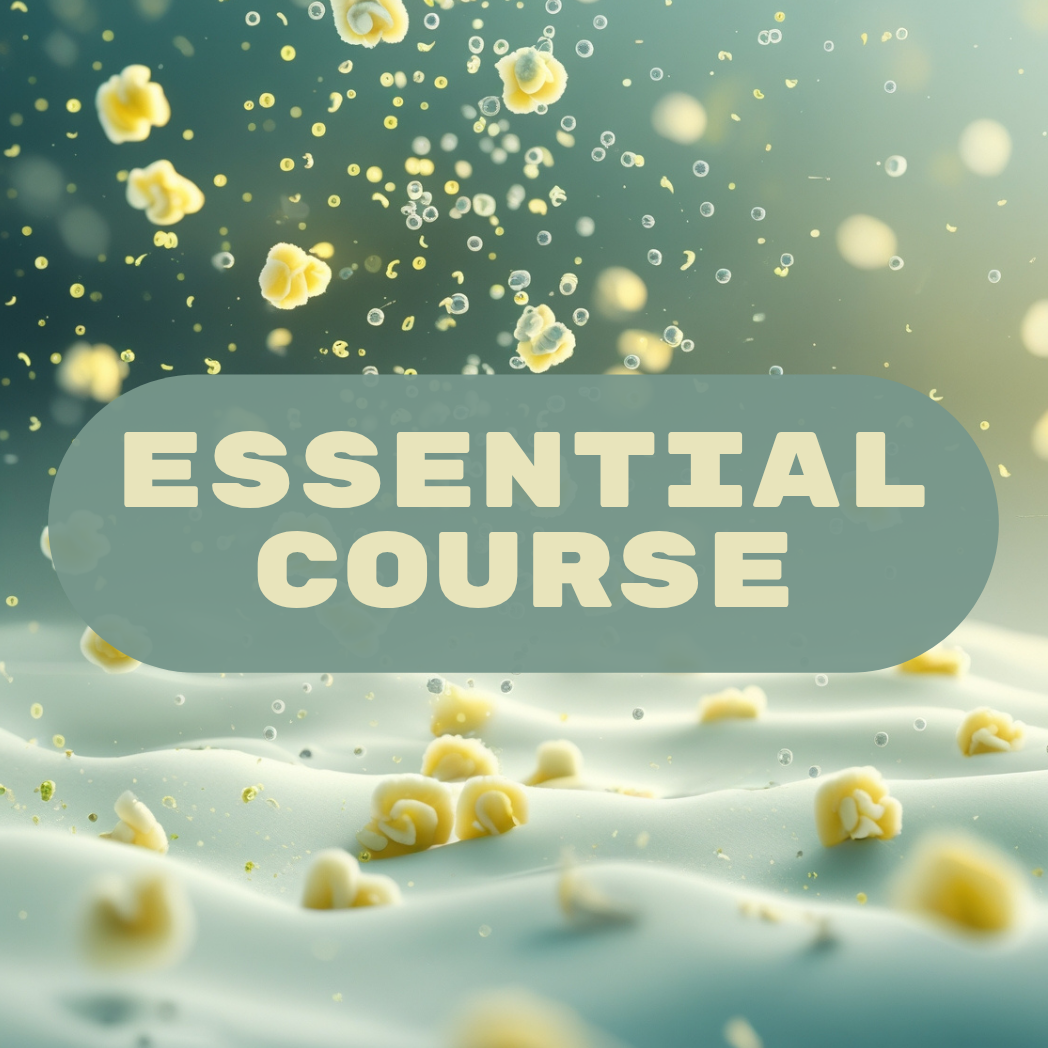
Code that grows
Python opens new paths for development
CodePollen
Essential Course


About CodePollen
CodePollen is a space designed for learning Python without unnecessary overload. Each course follows a logical order to support consistent growth. The content is carefully structured to balance clarity and progression. Our focus is on precision, attention to details, and steady skill development. Python provides broad possibilities through a clean and thoughtful approach.
How We Work
Clear principles behind every decision
-

Gradual growth
Courses follow a logical sequence with steady topic expansion
-

Thinking through code
Tasks are designed
to build analytical
thinking -

Attention to detail
Each module includes practical exercises with explanations.
-

Systematic
Сoncepts are revealed
through short thematic
steps
Choose Your Path
Different ways to explore Python
-
Bit Garden
Regular price €40,00 EURRegular price -
Loop Field
Regular price €50,00 EURRegular price -
Input Drift
Regular price €60,00 EURRegular price -
Syntax Spring
Regular price €80,00 EURRegular price -
Logic Nest
Regular price €90,00 EURRegular price -
Data Thread
Regular price €120,00 EURRegular price -
Module Root
Regular price €150,00 EURRegular price -
Pattern Rise
Regular price €201,00 EURRegular price -
 Sale
SaleEssential Course
Regular price €249,00 EURRegular price€300,00 EURSale price €249,00 EURSale -
Plus Course
Regular price €300,00 EURRegular price -
Premium Course
Regular price €500,00 EURRegular price

Steady, clear, and hands-on
Each course has its own pace and focus. The content is structured to support smooth learning with minimal distractions. The exercises follow real scenarios, and each step builds clarity. The goal is to help you develop a natural understanding of logic in code.
The People Behind CodePollen
Python is our daily craft

Python Systems Architect
Ethan Brooks
Ethan builds Python-based system logic. His work involves automation, data processing, and backend architecture. His materials are built on a balance of simplicity and depth.

Python Tooling Specialist
Liam Carter
Liam creates libraries and technical tools. His work focuses on clean structure, practicality, and usability. His courses highlight real-world solutions using organized code patterns.

Python Application Developer
Noah Bennett
Noah develops Python applications for real-world use. His approach is built on logic, accuracy, and meaningful implementation. He explains how ideas take shape in code.

Python — clarity in code
Python is used across many domains — from scripts to large-scale systems. Its straightforward syntax supports clean logic and problem solving. The language fits a wide variety of practical tasks. With its structure and flow, Python helps focus on purpose rather than form.
Clear answers to common topics
Frequently Asked Questions
Where is the best place to start learning?
Start with a course that covers the basics of Python — variables, operations, simple tasks. This will create a foundation for further understanding of more complex topics. Even if some of the material seems familiar, it will help build connections between knowledge.
What is the format of information presentation?
The material is presented in clear logical blocks with examples and explanations. Each topic is divided into small parts for easy learning. You gradually move from explanation to practice.
Are the courses suitable for those who have not yet studied programming?
Yes, the courses are designed for those who are just starting to get acquainted with Python. You do not need to have previous technical experience - just desire and regular practice. All explanations are built around examples.
Do the courses have a sequence?
Yes, the courses follow a logical order. Each subsequent one is based on the previous one and expands on previous topics. This allows you to maintain the coherence of knowledge and gradually complicate the tasks.
Can I skip the introductory courses if I’m already familiar with Python?
Yes, you can choose courses that match your level. The topics are described in detail, so it’s easy to understand where to start. If you feel confident with the basic topics, move on.














